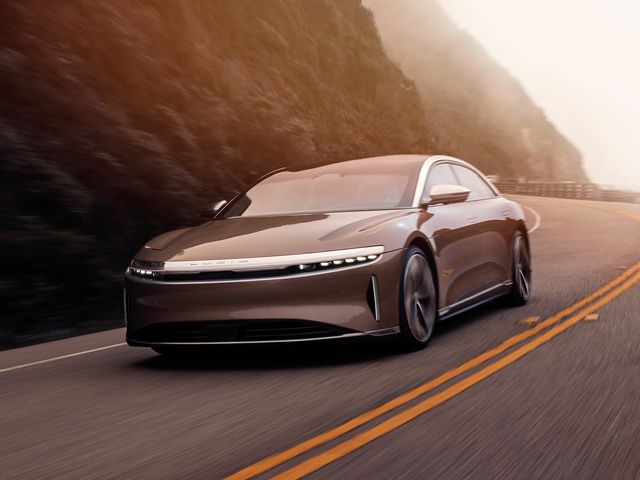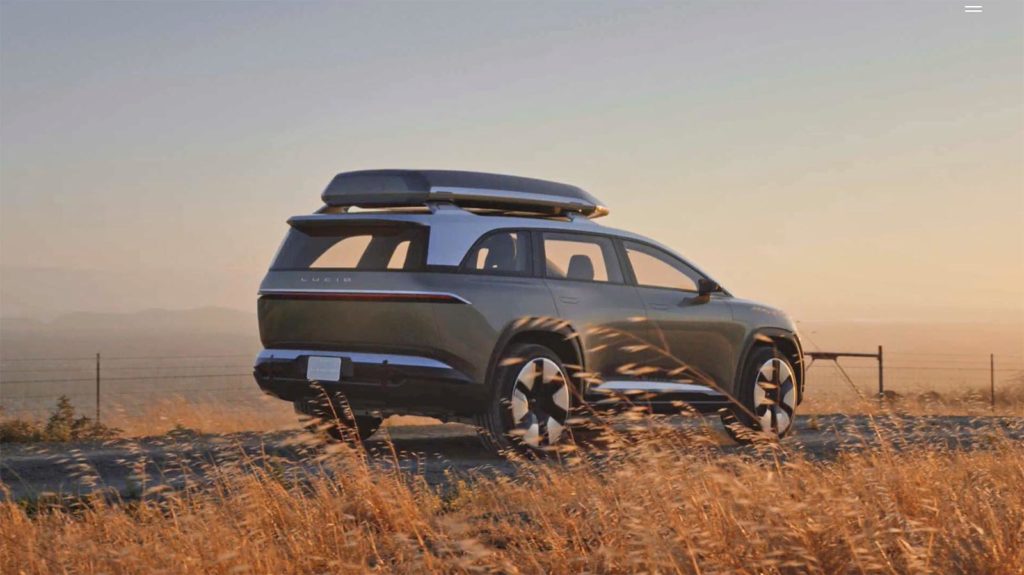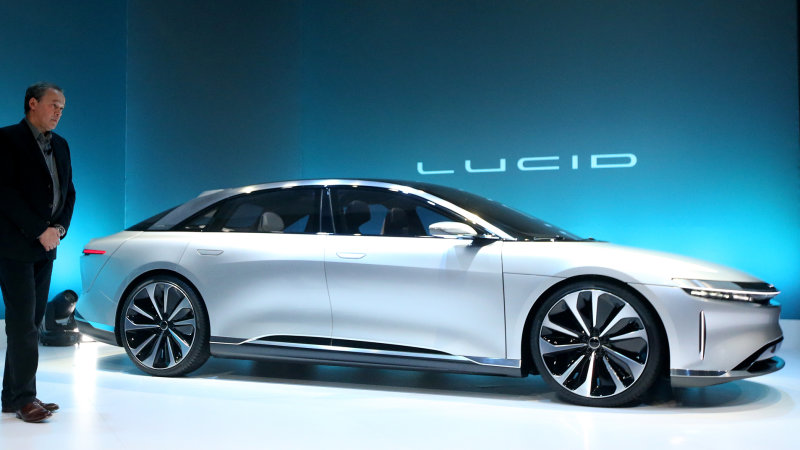With the release of a brand new electric luxury sedan and the seemingly endless hardships brought on by the current global pandemic, Lucid Motors Vice President of Design took some time out of his schedule to speak to The Next Avenue about advancements in AI self driving technology. Jenkins, who’s latest venture prior to Lucid was overseeing all design developments locally and globally for Mazda North America, spoke with us about the evolution of electric vehicles and how the relationship between car and driver will change in the future.
Many companies, including Lucid, have been public about their dedication to the evolution of self driving. However, Jenkins, made it clear that the Lucid Air was designed first and foremost to be a great driving vehicle. “In the near term, drivers [car owners] especially in the premium segments, are going to want to still enjoy their vehicle some of the time, if not all of the time, and enjoy driving.”
That being said, Jenkins assured Lucid is still dedicated to its self driving technologies, specifically looking at how drivers will spend their time on a commute once a vehicle reaches a true level 4 or 5 autonomy. He spoke of productivity and entertainment as the key reason why the Lucid Air screen architecture was divided into two sections. The upper screen architecture is dedicated to the manually driven experience, focusing on “minimizing distraction and maximizing driver input.” Meanwhile, the center instrument display is geared towards augmenting into entertainment or productivity when the car is in park or self-driving mode.
Jenkins went on to remind us that it is not only about what goes on in the front seats that counts. Rear seating is just as important as Jenkins reminds “long term, if you imagine when we are truly at a level 4, or level 5 experience, it’s conceivable that the driver could be seated in the back seat and have the car drop them off at the airport.”

The Lucid Air falls into the premium segment with cutting edge technology wrapped in a beautiful design. During its September reveal, the company also teased its upcoming electric SUV, the Lucid Gravity. When asked if the Gravity would fall into the same segment as the Air, Jenkins explained Lucid is specifically targeting a “sweet spot” in the luxury segment falling loosely in the “mid to high 60’s to roughly the mid 100s.” Following the loose estimates Jenkins added “our ambition without question is to, overtime, drive to more affordable products and widen the appeal of Lucid to a broader audience.”
Electric vehicles currently only make up about 2% of the market, leaving many to wonder when and what will be the pivotal change that will turn electric vehicles from rare to standard. Electrification is still at the early stages of adoption and Jenkins believes “in the next few years the industry as a whole will start to show people there is no reason to own a combustion vehicle,” which is essentially the ultimate mission to help drive that transition. According to Jenkins, in order to accelerate the adoption of electrification, Lucid is focused on showing how “incredible and how advantageous electrification can be from a user standpoint, from an experiential stand point.” Beyond that, Jenkins said it is imperative for companies, including Lucid, to focus on range capabilities, quicker charging capabilities, and benefits in terms of vehicle packaging.

The Lucid Air is a beautifully designed luxury sedan with cutting edge technology that aims to show the true advantages of electrification. It promises to offer the best of everything in a single car depending on its format. A medium sized vehicle that can easily fit inside a garage and maneuver around urban centers, while on the inside has the “space of a full size ultra long traditional luxury sedan.” At the same time you have a car that is “faster than anything on the road, your most expensive exotic compromised super vehicle, it’s faster than that, and by the way it’s zero emissions.”
Lucid shocked some with its recent announcement of the entry-level Air’s starting price of $69,900 with Federal Tax Credit. A price tag that undercuts the Tesla Model S, which was quickly responded to with a price cut of its own. However, Tesla may not be in Lucid’s line of fire. Lucid CEO and former chief engineer for the Tesla Model S, Peter Rawlinson told Yahoo Finance “I would say our main competitor is a car company; I highlight Mercedes Benz in terms of the attributes of Lucid Air. We’re going after S-class Mercedes, but it’s a natural comparison, and I accept that comparison with Tesla.”
Before the entry-level Lucid Air arrives in 2022, the Lucid Air Dream Edition will hit the market in spring of 2021 with a starting price of $161,500. The Air Dream Edition will be joined shortly after by the Air Grand Touring at $131,500 and the Air Touring at $87,500.
An electric vehicle with features that will be left without a lot of competition once it hits the road.

